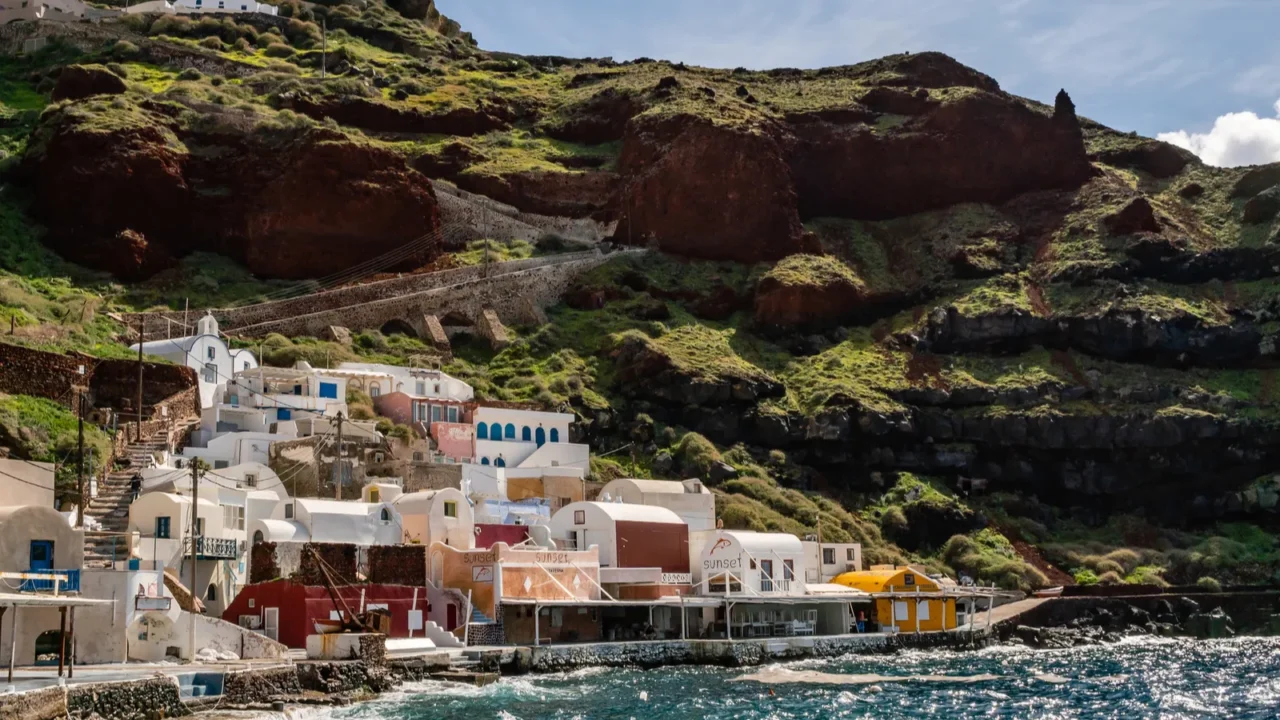
A fresh take
From quiet back roads to vibrant cities, travelers now expect more than just new destinations. The travel industry once relied on carbon offsets as a quick fix for environmental impact. Intrepid, however, is doing something different.
By replacing offsets with real reductions and transparent reporting, Intrepid challenges old ideas of sustainability. The shift is more than branding, it is proof that meaningful climate action and unforgettable adventures can go hand in hand.

Offset era ends
For years, carbon offsets gave travel companies a way to seem sustainable without changing their practices. Travelers could pay extra and believe their flights or hotel stays were balanced out.
But studies and watchdog groups now question how effective offsets really are. Many projects fail to deliver promised results. Intrepid recognized this problem early, choosing instead to focus on measurable emissions reductions and long-term environmental accountability.
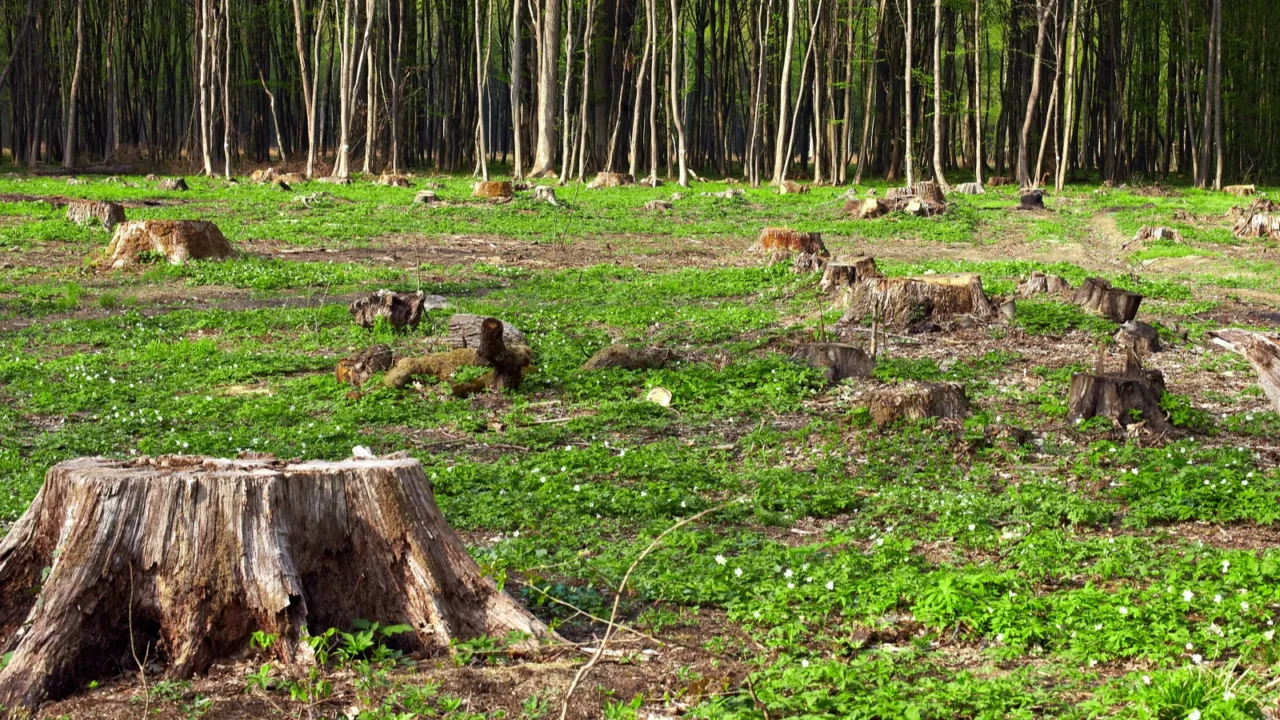
Why offsets fell short
Offset programs often face issues of double-counting, vague verification, and delayed results. Some projects protect forests that were never in danger or take decades to show benefits.
This disconnect made many travelers skeptical. To restore trust, Intrepid decided to handle emissions directly, not through third-party promises. The company’s shift marks a turning point toward real climate responsibility in tourism.

Intrepid’s bold shift
Intrepid’s new plan moves beyond symbolic action. Instead of paying for credits, it invests directly in clean energy, electric transport, and sustainable lodging. Millions are allocated each year through its Climate Impact Fund.
The goal is to reduce emissions at the source while making climate data public. This open approach allows travelers to see their impact clearly, creating a sense of shared responsibility

Carbon labels matter
Intrepid introduced carbon labels on more than 500 trips, showing CO₂ emissions per traveler per day. The data includes transport, lodging, meals, and activities.
For the first time, travelers can compare trips based on verified environmental impact. This transparency shifts green travel from guesswork to evidence. It helps travelers choose experiences that match their values and push the industry to follow suit.
Full emissions view
Intrepid’s plan accounts for every part of the journey, as well as flights, ground transport, food, and waste.
This full-scope approach goes further than most travel operators attempt. It acknowledges that the majority of emissions come from transport and hotels. By addressing them directly, Intrepid offers a model for others to adopt if they are serious about sustainable tourism.
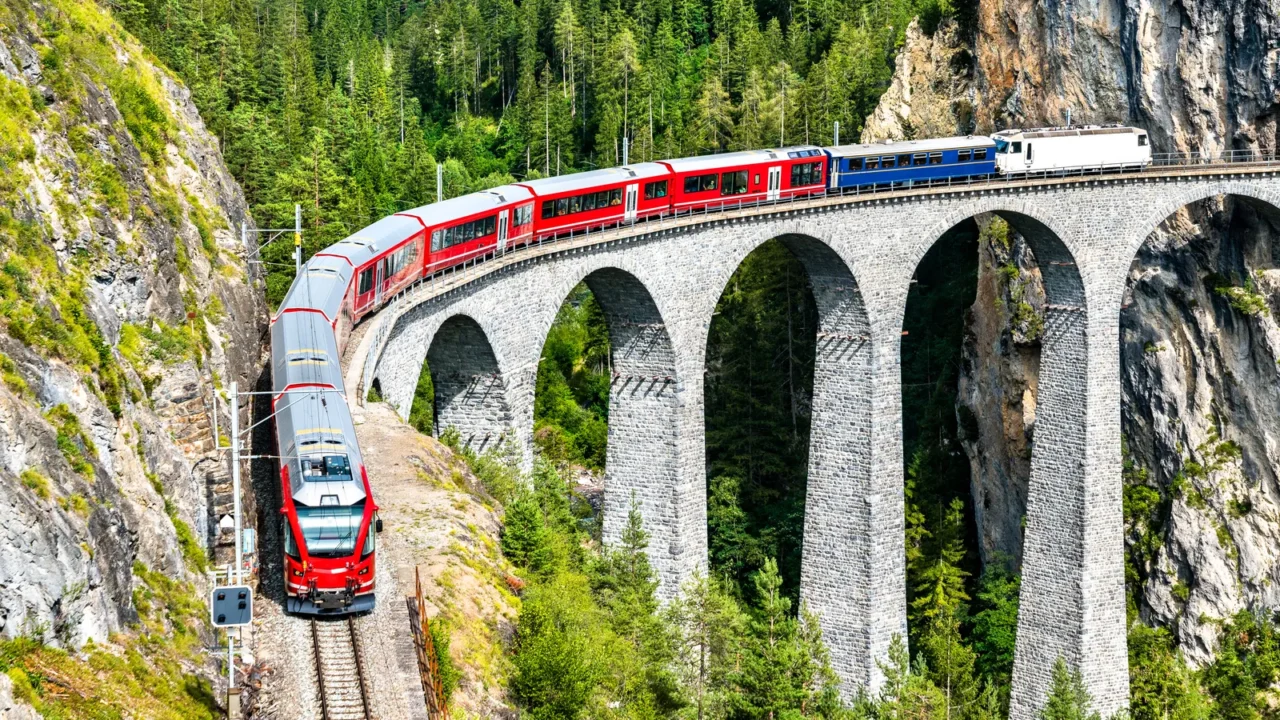
Fewer flights ahead
Fewer long flights and more regional adventures define Intrepid’s new direction. Trips now rely on trains, bicycles, and walking tours instead of air travel.
This change deepens the experience. Travelers explore at a slower pace and build stronger connections with the places they visit. The planet benefits, and so does the quality of each journey, proving that sustainable travel can still be exciting.
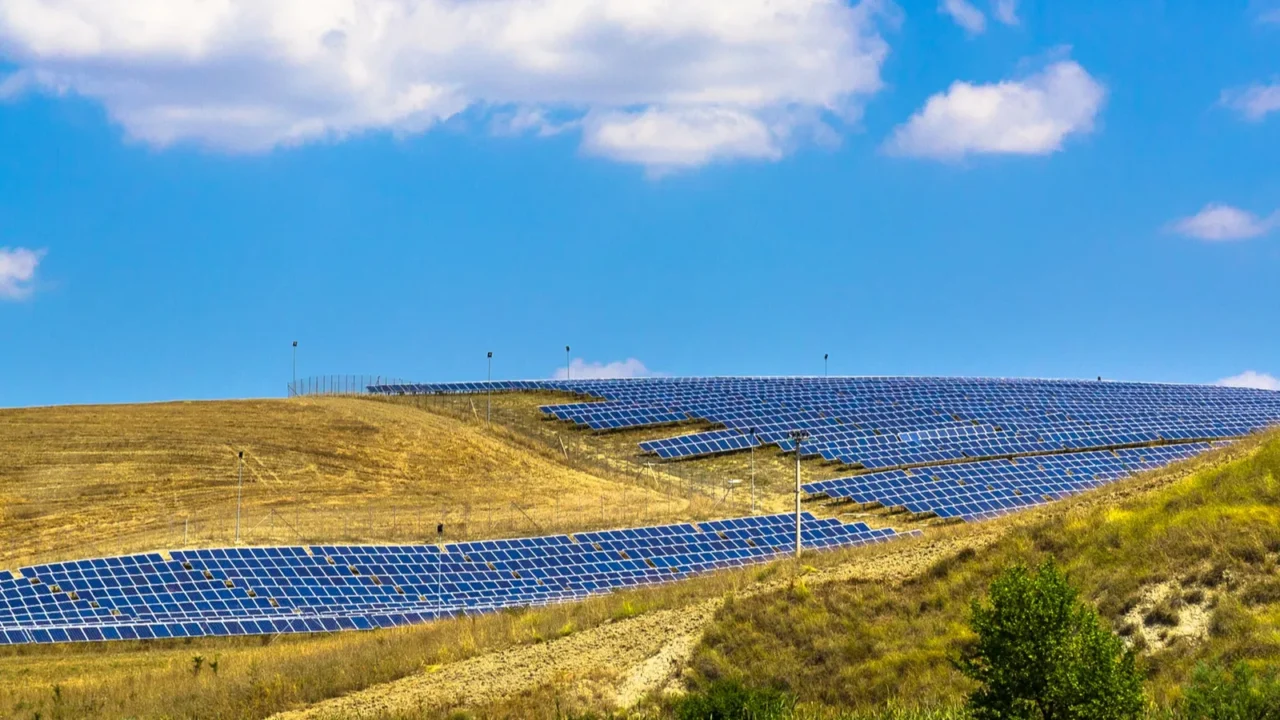
Investing in change
True decarbonization means helping every partner go green. Intrepid is guiding over ten thousand global suppliers toward renewable energy, electric vehicles, and eco-friendly practices.
This work strengthens small businesses and ensures climate benefits reach real communities. The result is an authentic sustainability network built from the ground up, not imposed from afar.
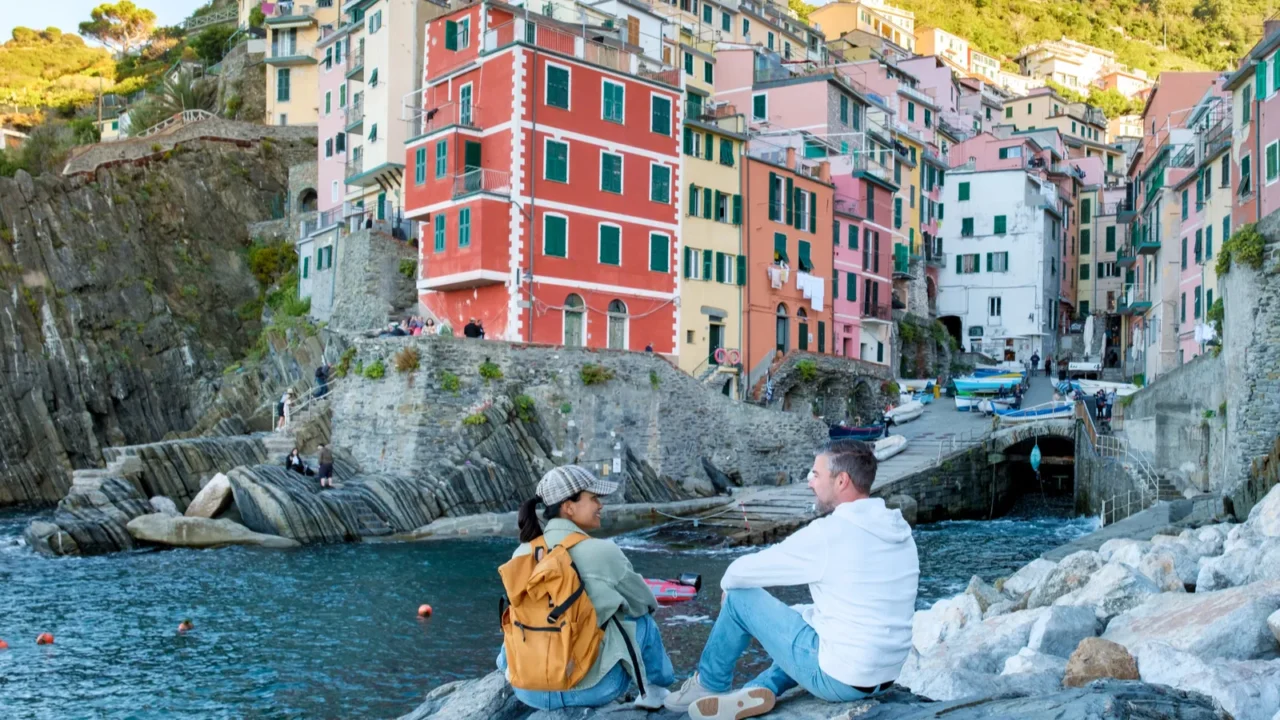
What travelers gain
As a traveler, you can look for tours that display emissions data, avoid long flights, and support direct climate action. Intrepid’s carbon labels make those comparisons easy.
Choosing shorter trips, greener transport, and local stays reduces your footprint and enriches your experience. Sustainable travel is not about giving things up but it is about traveling deeper, smarter, and with purpose.
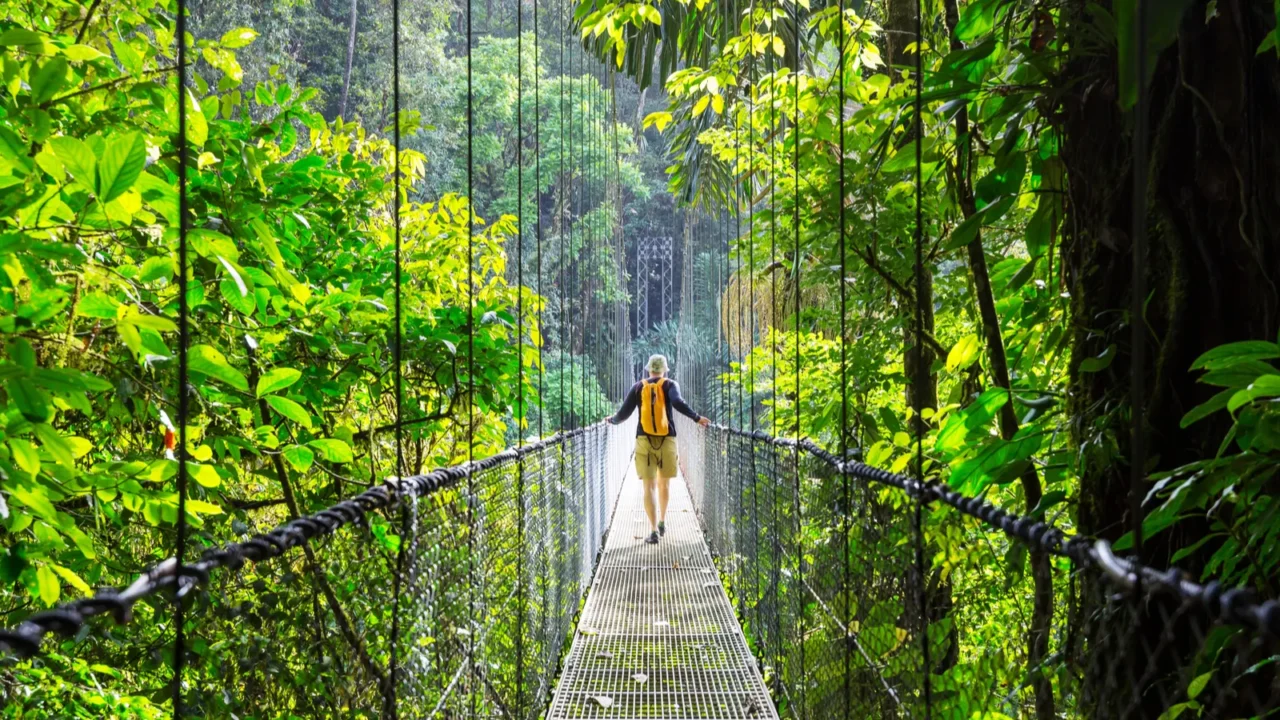
Costa Rica example
Imagine Costa Rica through Intrepid’s lens: solar-powered lodges, electric vans, rainforest hikes, and local conservation projects. This is climate-smart adventure travel in action.
Every part of the journey is measured and improved, from clean transport to zero-waste meals. Travelers leave knowing their trip supported nature and community instead of harming it.

Japan by rail
A journey across Japan without domestic flights highlights the magic of rail travel. Visitors stay in rural guesthouses, eat local produce, and move by train and bicycle.
This slower approach reveals the soul of Japan’s countryside. It also reduces emissions dramatically, showing how smart route design can preserve culture and the climate at once.

People and planet
Sustainability means protecting ecosystems and empowering people. Intrepid invests in locally owned hotels, regional guides, and small community ventures.
This model keeps profits local while protecting heritage and biodiversity. Travelers gain richer cultural experiences, and communities gain fair income and recognition.

Beyond greenwashing
Terms like “carbon neutral” and “eco-friendly” can be misleading. Intrepid’s open-data approach proves that real sustainability means proof, not promises.
Travelers can demand clear metrics, transparent reporting, and visible investment in emission cuts. The difference between marketing and measurable action has never been clearer.

Power of choice
Each travel choice matters. When you book tours that publish data and reduce emissions, you tell the market what you value.
Choosing slower routes, longer stays, and local operators creates ripple effects. The planet benefits, and your memories grow deeper. Every traveler can help reshape tourism into a force for renewal.
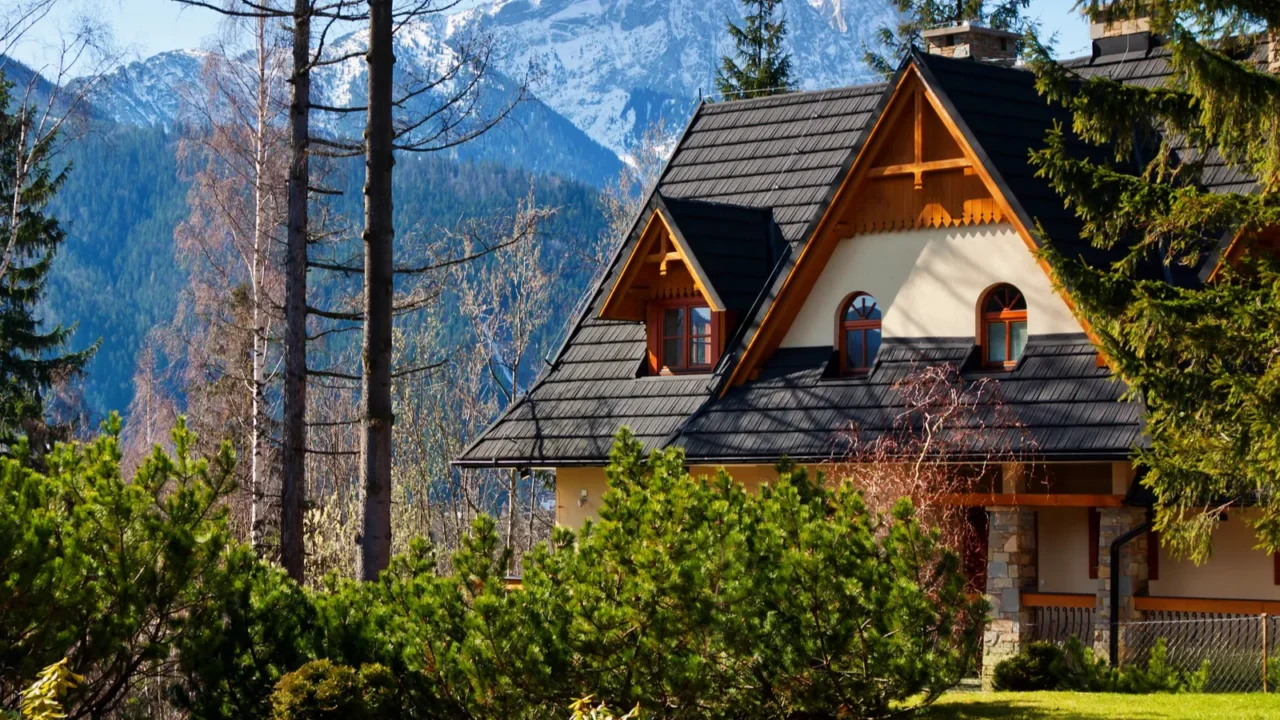
Future of travel
The future of green travel lies not in offsetting more but in reducing more, like fewer flights, shorter distances, greener transport, smarter itineraries, and stronger community ties. Operators like Intrepid are rewriting the rules.
This trend mirrors the rise of nearby resort staycations, where travelers seek comfort and connection without the carbon load of long-haul flights. Recent travel trends show that ResortPass staycations are gaining popularity as travelers seek relaxing escapes without the carbon footprint of long-haul flights.
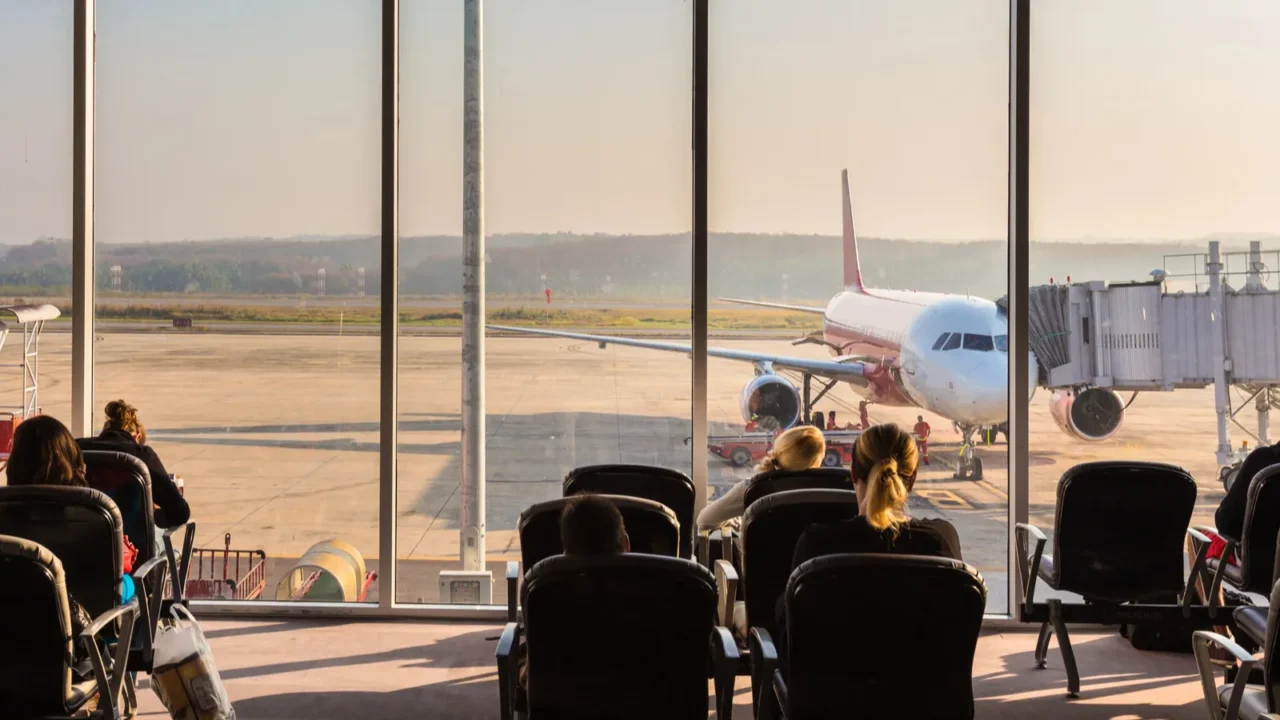
Act with purpose
When you next consider a travel option, check whether emissions are labeled, what reductions are promised, how the supply chain operates, and whether your trip supports local people.
As 2025 unfolds, airlines are launching new flight routes that could reshape global travel patterns, offering both opportunities and environmental tradeoffs. With smarter connections and greener choices, you can explore more responsibly than ever.
Which 2025 destination is on your sustainable travel wish list? Let us know in the comments.
Read More From This Brand:
- Canada urges against essential travel to Papua New Guinea
- International students what you need to know about Trump’s travel ban
- Travel where Nebraska’s first settlers once dreamed
Don’t forget to follow us for more exclusive content right here on MSN.
This slideshow was made with AI assistance and human editing.